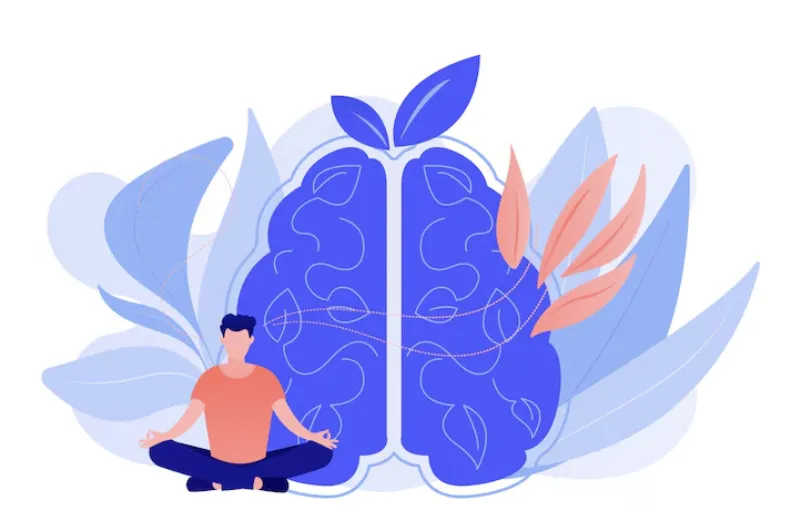The Impact of Stress on Health

The Impact of Stress on Health: Understanding the Consequences and How to Cope
Stress is a natural response to life’s challenges, but when it becomes chronic, it can take a significant toll on both mental and physical health. Understanding the effects of stress and learning how to manage it effectively is crucial for maintaining overall well-being.
1. The Physical Effects of Stress
Prolonged stress triggers the release of cortisol and other stress hormones, which can disrupt various bodily functions. Some common physical effects of stress include:
Cardiovascular Issues: Chronic stress increases blood pressure and heart rate, raising the risk of heart disease and stroke.
Weakened Immune System: Stress weakens the immune system, making individuals more susceptible to infections and illnesses.
Digestive Problems: Stress can cause stomachaches, irritable bowel syndrome (IBS), and other gastrointestinal issues.
Sleep Disruptions: Many people experience insomnia or poor-quality sleep due to high stress levels.
Chronic Pain: Muscle tension, headaches, and back pain are common in those who experience prolonged stress.
2. The Mental and Emotional Impact of Stress
Long-term stress does not only affect the body—it also has profound effects on mental health. Some common psychological consequences of stress include:
Anxiety and Depression: Persistent stress can contribute to the development of mood disorders.
Cognitive Decline: Memory problems and difficulty concentrating are common in individuals under chronic stress.
Emotional Instability: Stress can lead to mood swings, irritability, and emotional exhaustion.
3. Coping Strategies to Manage Stress
Managing stress is essential to preventing its negative effects. Here are some effective coping mechanisms:
Practice Relaxation Techniques: Meditation, deep breathing exercises, and yoga can help calm the nervous system.
Stay Physically Active: Regular exercise releases endorphins, which improve mood and reduce stress levels.
Maintain a Healthy Diet: Consuming a balanced diet with whole foods, lean proteins, and essential nutrients can help regulate stress hormones.
Prioritize Sleep: Developing a consistent sleep routine can improve resilience to stress.
Engage in Hobbies and Social Connections: Activities that bring joy and spending time with loved ones can help alleviate stress.
Seek Professional Help: If stress becomes overwhelming, speaking to a therapist or counselor can provide effective coping strategies.
Stress is an unavoidable part of life, but when left unmanaged, it can have severe consequences on overall health. By understanding the impact of stress and adopting healthy coping strategies, individuals can protect their well-being and lead a balanced, fulfilling life. Prioritizing self-care and stress management is key to long-term health and happiness.





